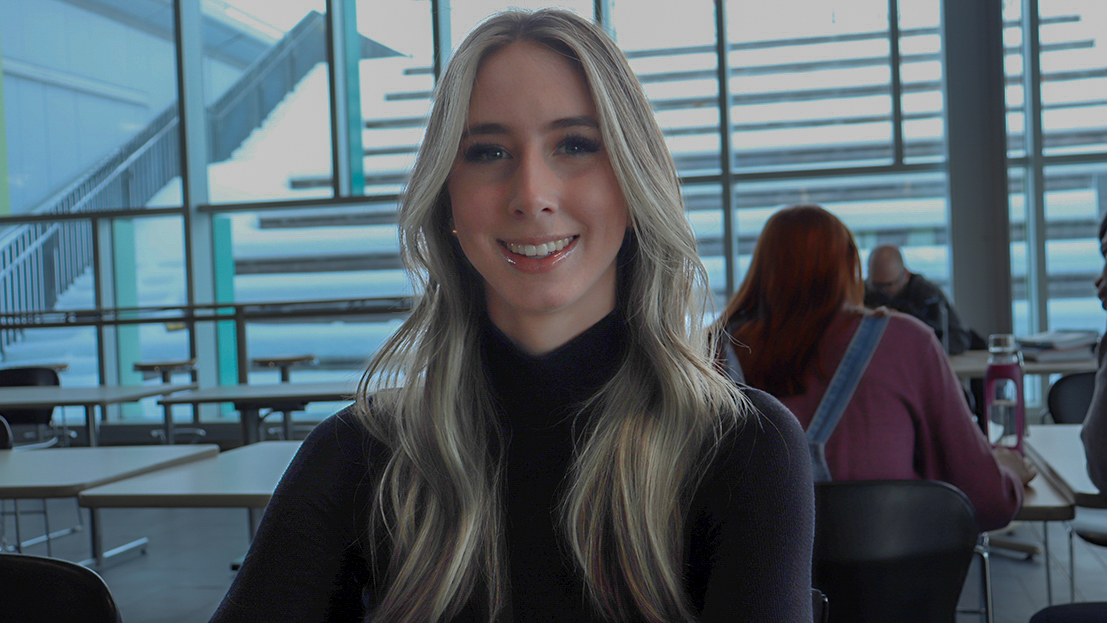The IT department is organizing its annual data privacy event to address students’ worries about how the college handles their private data.
The Data Privacy Awareness Week’s theme is “The Privacy Mind: Advancing the Privacy Culture.”
It kicked off on Jan. 24 with the college co-hosting the event “Striking a Balance Between Innovation and Privacy in Educational Settings.”
On Jan. 26, Mary Agbadaola, senior privacy specialist at Algonquin College, will have a one-day booth to talk with students about issues.
For instance, community members may not know that data privacy can be affected by even small practices such as clicking “accept all,” when you get a cookies pop-up.
Agbadaola advises everyone to click “manage cookies” and pick only necessary cookies. She calls cookies the “tiny foot soldiers” that track browsing activities and may stay permanently on your device.
For many students, however, as long as they have never had any data privacy issues, attending the event maybe least of their worries.
“I do not know about this event,” said Isaiah Thompson, a computer systems technician networking student. “I would attend the event if it were affecting me or my entourage.”
To reduce privacy issues, the college has a privacy office. It guarantees that all practices at Algonquin College automatically protect the stakeholders’ data.
Many students do not know how the college collects and uses their data.
The college is doing its best to be compliant in how it manages data and audits are being conducted to oversee its service, according to Agbadaola, but students also have to better manage their information.
“I am conscious of what I put or share with others,” said Haelli Jeffies, an interior design student. “I feel that I can be better because I use the same password for different things. I would love to learn about best practices.”
For Thompson, private data sharing is dangerous because anyone can take anything. “I don’t know how secure our college Wi-Fi is. I don’t know how quick they are to catch any breach,” Thompson said.
“I feel that many students probably don’t know. You use a computer, but you don’t know what is shared and what is not?” said Adam Strelec, an electrical engineering technology student.
Agbadaola reminds community members that their posts on the internet stay there. They may even cause harm when applying for a job in the future. Any insensitive comments on social media or inappropriate pictures would eventually influence their image in the job market.
“As an individual, you have the right to know how an organization uses your personal information and to what extent it is shared with third parties,” she said. “You have a right to withdraw your consent from processing your personal information. Once you do this, the concerned organization has to stop processing your personal information, except if it is permitted or mandated by law.”
At the college, audits are being conducted to oversee the processes and make sure they are compliant.
Compliant doesn’t mean “we do not seek to improve on our achievements,” says Agbadaola. “The laws are changing every time, even technology, so we keep improving every day.”


